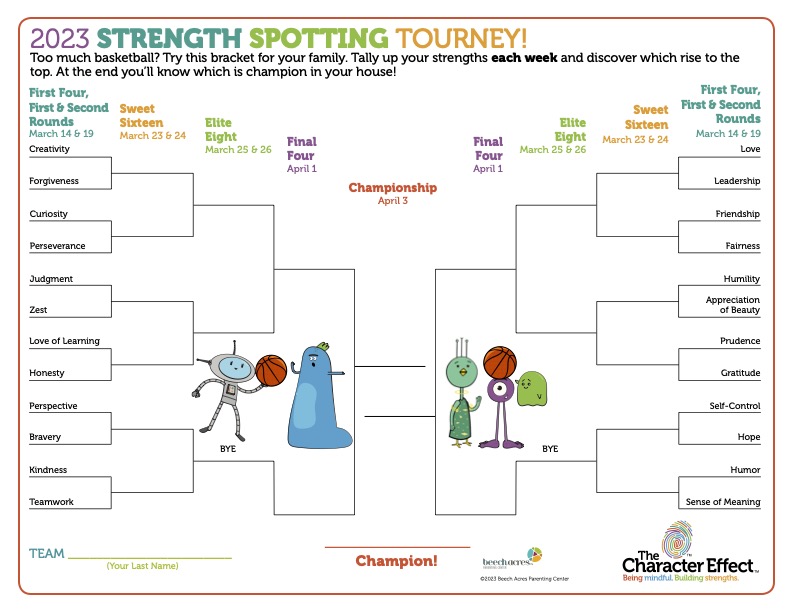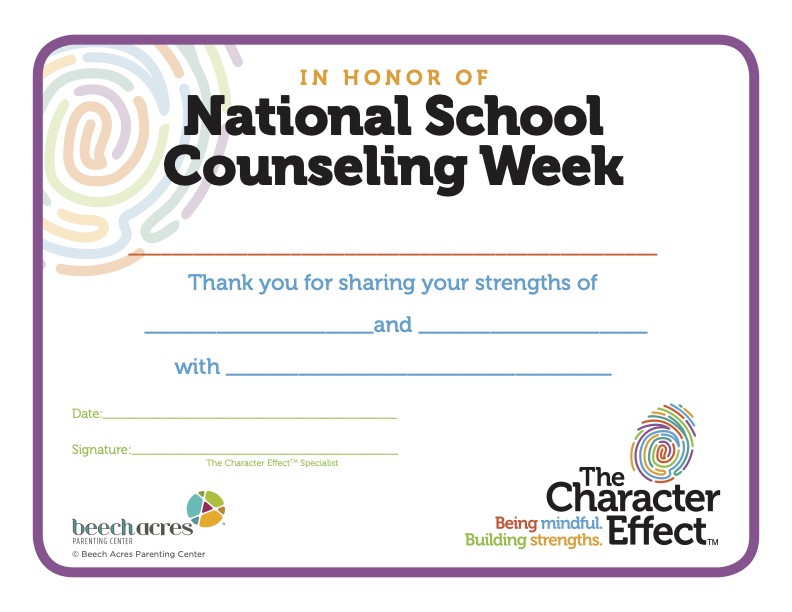How Can The Character Effect™ Have An Effect On Bullying?
January 6, 2020
Bullying continues to be a significant problem for students. We know that about 1 in 5 students in the United States say that they have been bullied.The majority of this occurs in middle school and usually involves both verbal and social bullying.
So, how can mindfulness and character strengths #HaveAnEffect on bullying?
Research shows that Social & Emotional Learning (SEL) programs like The Character Effect™can be an effective component in comprehensive bullying prevention interventions in schools*.
The Character Effect™(TCE) helps build students’ resilience. We do this by increasing their social-emotional learning competencies of self-awareness, self-management, social awareness, relationship skills, and responsible decision-making. These competencies have been proven to help students learn to interact with others appropriately, create positive relationships, control impulses and stand up for what is right. A resilient student is more likely to be able to handle situations they encounter in a more positive manner.
Students who participated in school-wide SEL programs to prevent bullying were 56% less likely to report name-calling by other students*.
The Character Effect™ also helps students nurture and develop specific strengths that can be effective against bullying. These strengths include Friendship, Bravery, Self-Control, Kindness, Judgment, and Perspective. All of these are all helpful when learning to interact with peers and handle conflict.
Bullying is not going away anytime soon. However, we can teach our students coping skills that rely on their own unique strengths to help mitigate the effects of bullying.
Want to #HaveAnEffect in your school? Contact us today and learn how the positive psychology of mindfulness and the power of the 24 character strengths can improve your school’s culture.




 Contact
Contact